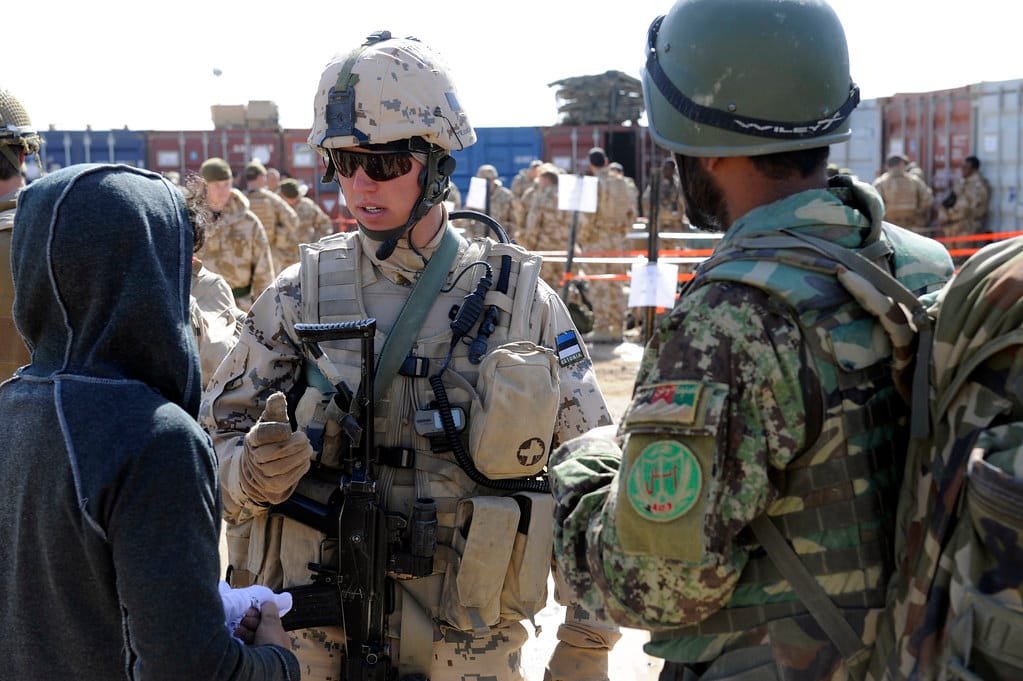Canada Forces Chinese Surveillance Giant Hikvision to Exit Over National Security Fears
Canada has ordered Chinese surveillance technology company Hikvision to wind down its operations in the country within 60 days, marking the latest escalation in Western efforts to reduce dependence on Chinese technology infrastructure amid growing security concerns. The move positions Canada alongside the United States and other allies in restricting access to Chinese tech firms deemed potential national security risks.
A Major Player in Global Surveillance
Hangzhou Hikvision Digital Technology Co., Ltd. stands as the world's largest manufacturer of video surveillance equipment, controlling approximately 40% of the global market for security cameras and related systems. The company's products are ubiquitous across Canada, installed in everything from retail stores and office buildings to critical infrastructure facilities and government properties.
Founded in 2001, Hikvision has expanded rapidly beyond China's borders, generating over $12 billion in annual revenue. However, the company's ties to the Chinese government through state ownership have increasingly drawn scrutiny from Western intelligence agencies and policymakers.
Security Concerns Drive Government Action
The Canadian government's decision stems from mounting concerns about potential surveillance capabilities and data collection practices. Intelligence officials worry that Hikvision's equipment could provide backdoor access to Chinese authorities, potentially compromising sensitive information about Canadian infrastructure, businesses, and citizens.
"The presence of foreign-controlled surveillance technology in critical sectors poses unacceptable risks to our national security," stated a senior government official familiar with the decision. The order affects not only Hikvision's direct operations but also requires the company to divest from any Canadian subsidiaries or partnerships.
These concerns aren't unfounded. Cybersecurity researchers have previously identified vulnerabilities in Hikvision products that could enable unauthorized access to video feeds and stored data. While the company has addressed many technical issues through firmware updates, the fundamental concern about potential state-directed surveillance remains.
Following Allied Precedents
Canada's action mirrors similar measures taken by key allies. The United States added Hikvision to its Entity List in 2019, effectively banning American companies from doing business with the firm without special licenses. The UK began phasing out Hikvision equipment from sensitive government sites in 2022, while Australia has implemented similar restrictions.
This coordinated approach reflects broader Western concerns about Chinese technology companies operating in sensitive sectors. The "Five Eyes" intelligence alliance—comprising the US, UK, Canada, Australia, and New Zealand—has increasingly aligned on policies restricting Chinese tech access to critical infrastructure.
Economic and Practical Implications
The divestiture order creates significant practical challenges for Canadian organizations currently using Hikvision equipment. Many businesses and institutions will need to replace existing surveillance systems, potentially costing millions of dollars across affected sectors.
The Canadian security industry, however, may benefit from this transition. Domestic and allied technology providers are positioned to capture market share previously held by Chinese competitors. Companies like Montreal-based Genetec and other North American surveillance technology firms have already seen increased demand as organizations seek alternatives.
Industry analysts estimate that replacing Hikvision equipment across Canada could create a market opportunity worth several hundred million dollars for approved vendors, though the transition period may cause temporary disruptions in security monitoring capabilities.
Broader Technology Decoupling Trend
This decision represents part of a larger "technology decoupling" trend between Western nations and China. Beyond surveillance equipment, similar concerns have led to restrictions on Chinese telecommunications companies like Huawei and TikTok's parent company ByteDance.
The pattern suggests that governments are increasingly willing to accept short-term economic costs to address long-term security risks associated with Chinese technology integration in critical systems.
Looking Ahead: Implications for Canada-China Relations
Canada's move against Hikvision will likely strain already tense relations with Beijing, which has consistently rejected Western security concerns as protectionist measures designed to limit Chinese technological advancement. Chinese officials typically characterize such actions as discriminatory and contrary to free trade principles.
The decision also signals Canada's commitment to aligning with allied security policies, even when doing so may provoke diplomatic tensions with major trading partners. This alignment reflects the Trudeau government's broader strategic pivot toward strengthening security cooperation with traditional allies while managing complex relationships with authoritarian competitors.
As organizations across Canada begin the process of replacing Chinese surveillance technology, this decision marks a definitive shift in how the country approaches technology security. The 60-day timeline ensures rapid implementation while demonstrating the government's seriousness about addressing perceived national security vulnerabilities in critical infrastructure systems.
